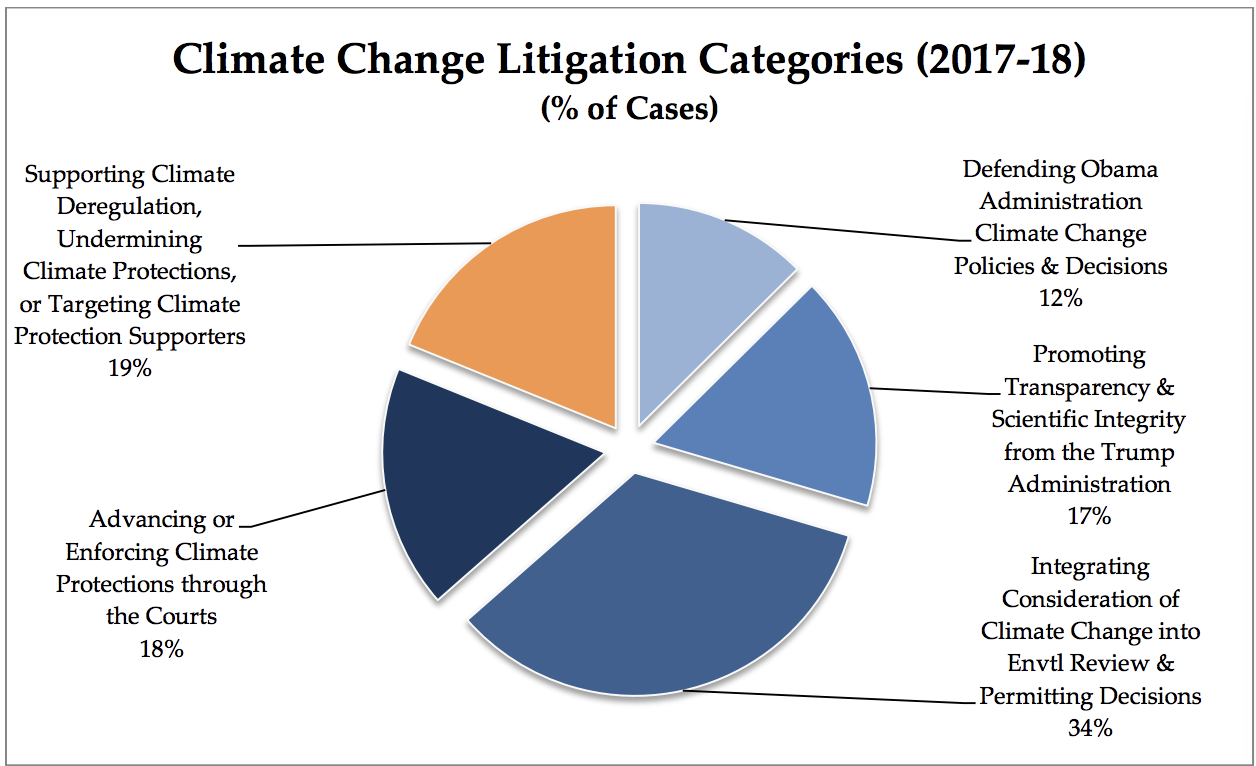By Madeleine Siegel and Alexander Loznak
Climate change is already generating enormous costs to the environment and public health both in the United States and around the world. These costs will only escalate over time with increasing greenhouse gas (GHG) emissions. Under the National Environmental Policy Act (NEPA), U.S. federal agencies must assess the environmental effects of proposals for major federal projects, plans and programs before deciding if they should proceed. To conduct a meaningful environmental review of proposed projects, federal agencies must carefully consider how these projects contribute to climate change and greenhouse gas emissions—particularly for projects concerning fossil fuel extraction, transport, and use. The courts have established that NEPA includes obligations to consider climate change effects. Under the Obama administration, the Council for Environmental Quality sought to clarify those obligations by issuing guidance on how NEPA analysis and documentation should address GHG emissions. The Trump administration has sought to roll back and replace those recommendations, raising new questions about how federal agencies have assessed, and will continue to assess, climate change effects during environmental review.
To evaluate how federal agencies are addressing climate change in environmental reviews under NEPA, this report surveys federal environmental impact statements (EISs) and environmental assessments (EAs) completed in 2017-2018 for projects related to fossil fuel production, processing, and transport. In total, the report reviews sixteen EISs and ten EAs which met these criteria within the selected timeframe. The report focuses on fossil fuel project proposals because of their contributions to greenhouse gas emissions.
Top-level findings from the survey include:
- When reviewing proposals for coal, oil, and gas extraction, agencies did typically quantify both direct and indirect emissions from the proposal, including emissions associated with the combustion of the produced fuels. However, in resource management plans that would open federal lands for fossil fuel extraction, the reviewing agency did not quantify emissions.
- There are no instances in which agencies determined that the impact of fossil fuel leasing on greenhouse gas emissions would be “significant” despite predicting that these leases would generate millions of tons of carbon dioxide equivalents (CO2e).
- Projects found to have “insignificant” environmental effects would collectively contribute substantial greenhouse emissions.Although federal agencies produce EAs exclusively for proposed projects which have been determined not to have significant impacts, the ten EA projects alone would contribute between 654 and 683 million metric tons of CO2e over their lifetime, approximately one-tenth of the annual GHG emissions of the entire United States.
- Agencies rarely quantify the cumulative emissions of the proposed action when added to other recent and reasonably foreseeable federal leases for fossil fuel production. While the majority of surveyed EISs and EAs disclose GHG emissions quantitatively, or in some instances only qualitatively, most do not contain a more comprehensive analysis of how fossil fuel production on public lands will affect fossil fuel consumption and greenhouse gas emissions in the aggregate.
- Agencies fail to account for the public health and environmental costs of GHG emissions with a social cost of carbon metric and rarely consider opportunities to mitigate GHG emissions associated with a project.Less than one-sixth of the analyzed environmental reviews mention commitments to reducing GHG emissions. Further, the reviewing agencies do not estimate the social costs to better understand the magnitude of the emissions’ impacts in any of the surveyed documents.
Read the executive summary and full report here.


